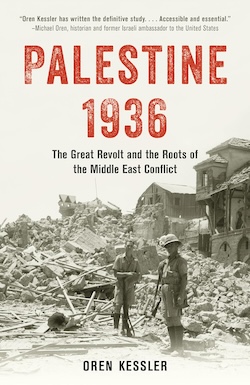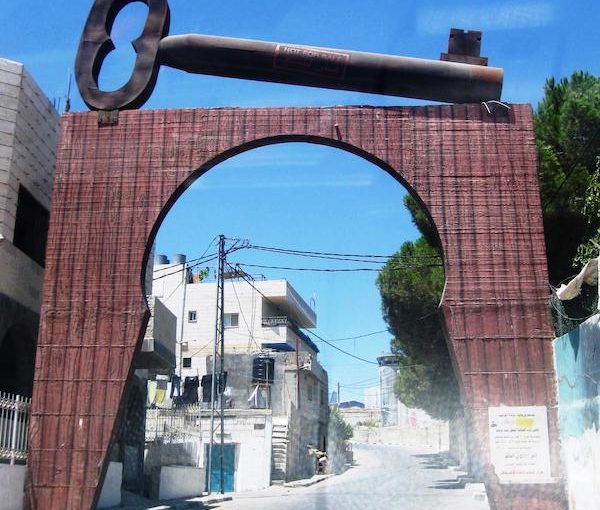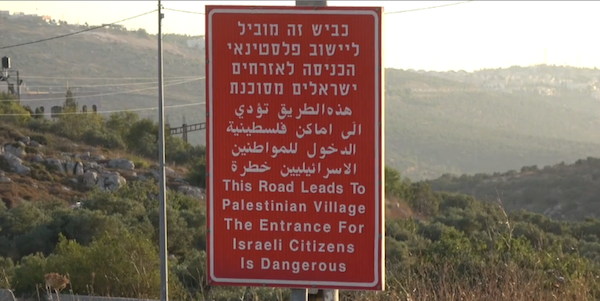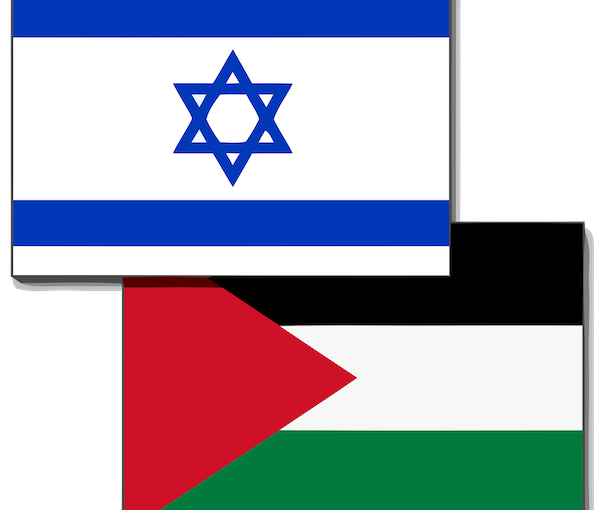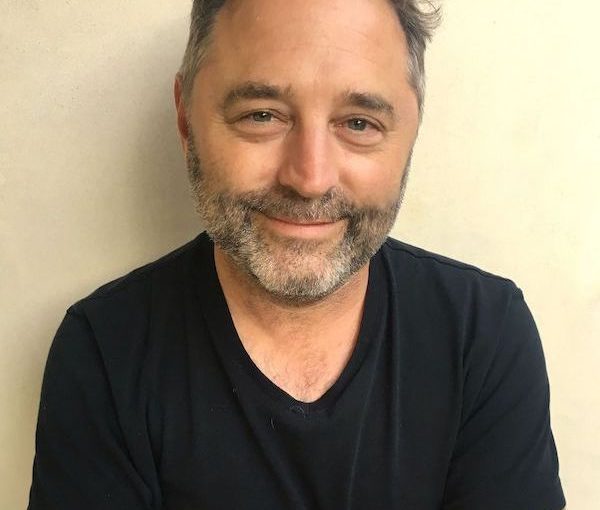You may have received anxious emails or other messages from friends in the last few days. Throughout the community, there is concern about a Vote Palestine campaign for Monday’s federal election. Emails and social media posts are flying.
However wrongheaded you may think this advocacy campaign is, its proponents are doing exactly what they should be doing during an election campaign. They are highlighting the issues that are important to them and encouraging others to support them. You may disagree with the approach and policies, but there is nothing fundamentally different in what they are doing from what plenty of Jews and community organizations are doing right now.
The Vote Palestine campaign is an initiative of several groups of usual suspects, including Independent Jewish Voices and other anti-Israel groups. The platform, which federal election candidates can choose to endorse, calls for a two-way arms embargo on Israel; ending Canadian support for settlements (whatever that means); combating anti-Palestinian racism and protecting pro-Palestine speech; recognizing the state of Palestine; and funding Gaza relief efforts, including through UNRWA, the controversial UN body that has been at the centre of this conflict for almost 80 years.
By press time, 124 New Democrats, 44 Greens and 13 Liberals had endorsed this platform. Given that there are 343 electoral districts in the country and the three largest parties are running candidates in almost every seat, the number of endorsers should be, frankly, a bit of an embarrassment for the campaign’s organizers. Almost all the endorsers are candidates for the New Democratic and Green parties. Of the Liberals who have signed on, just one is in British Columbia: West Vancouver-Sunshine Coast-Sea to Sky Country incumbent MP Patrick Weiler.
Most of the candidates who have endorsed the campaign and its platform are unlikely to be elected. That, though, is largely beside the point. The issue, we believe, is not the Vote Palestine campaign, but our community’s overwrought reaction. It is a symptom of a particular sort of impulse that seems to believe people do not have a right to raise issues in an election campaign in the manner that the Vote Palestine organizers are doing.
Though they may not have come across your social media feeds or in other ways to capture your attention, there are probably scores of organizations right now campaigning for or against policies that are important to you. Many organizations are encouraging Canadians to vote based on candidates’ positions on such things as the climate crisis, taxes, housing, and the cost-of-living. Agree or disagree with the positions, many of these campaigns fulfil an important civic purpose, assuming they comply with our country’s election laws around third-party advocacy spending.
The next time you receive an email or catch wind of some sort of advocacy campaign that you disagree with, here is how you should respond: take the anger and energy that you would otherwise direct into sharing your outrage with your friends and family and redirect it instead to something positive, a result you desire and hope to achieve.
Here are a few ideas …
Find out which of your local candidates share your values on the issues most important to you. If you find one that suits you, express your support. Get a lawn sign to let your neighbours know who you support. Donate to their campaign.
Offer to volunteer – it’s not too late! Election day is the most intense time in a campaign. You can drive voters to the polls or otherwise help your preferred candidate. (Check out cjpac.ca for more info.)
Ensure that friends and family go out to vote. Contact them over the weekend to make sure they plan to cast a ballot.
On Monday, message or telephone everyone you know who agrees with you on the issues most important to you and make sure they have voted. Suggest they block out at least an hour or maybe two or even three – advance voting statistics tell us Canadians are deeply engaged this election, so high turnout is expected. Prepare for lineups. Bring water and snacks for yourself and your neighbours in line.
Check the voting card you received in the mail to confirm your polling place so you know where to go on election day. If you did not receive a card in the mail, go to elections.ca right now and ensure you are registered to vote.
Democracy is threatened in countless places around the world. Voting is a right and a privilege we should never take for granted.
Meanwhile, as we know from the flurry of messages making their way around the community in the past few days, people who may disagree with you are planning to vote. They are organized and ready to mobilize. The most important thing you can do in response is to make the trek to your polling place and mark a single X on a ballot.

